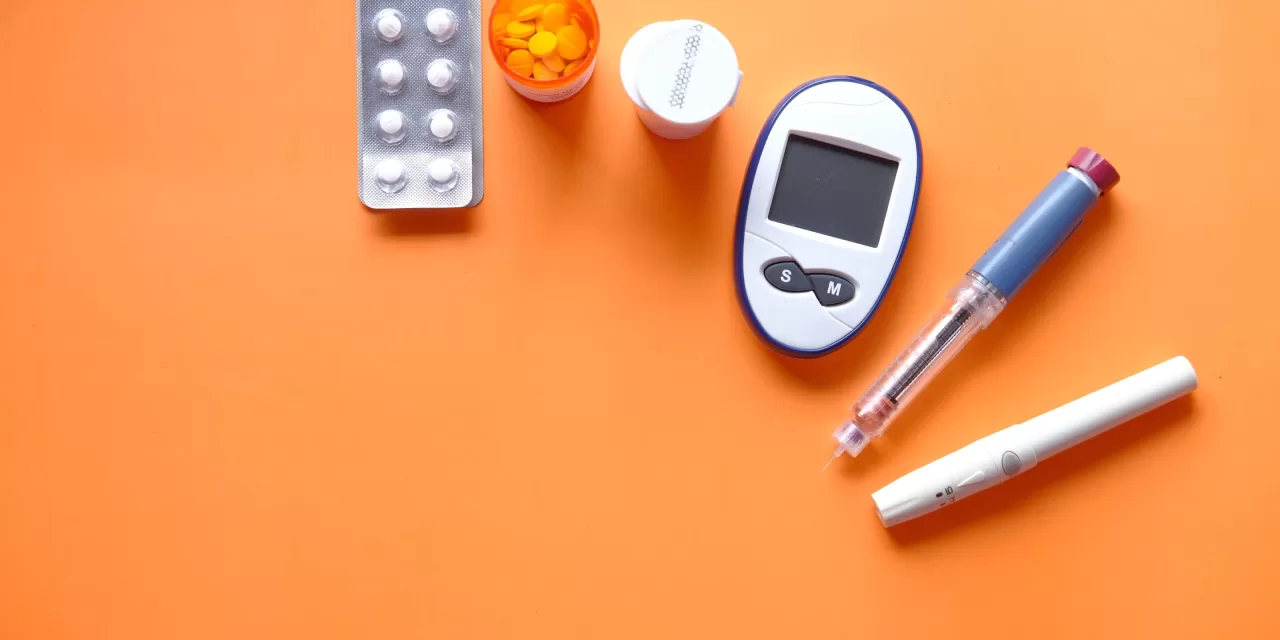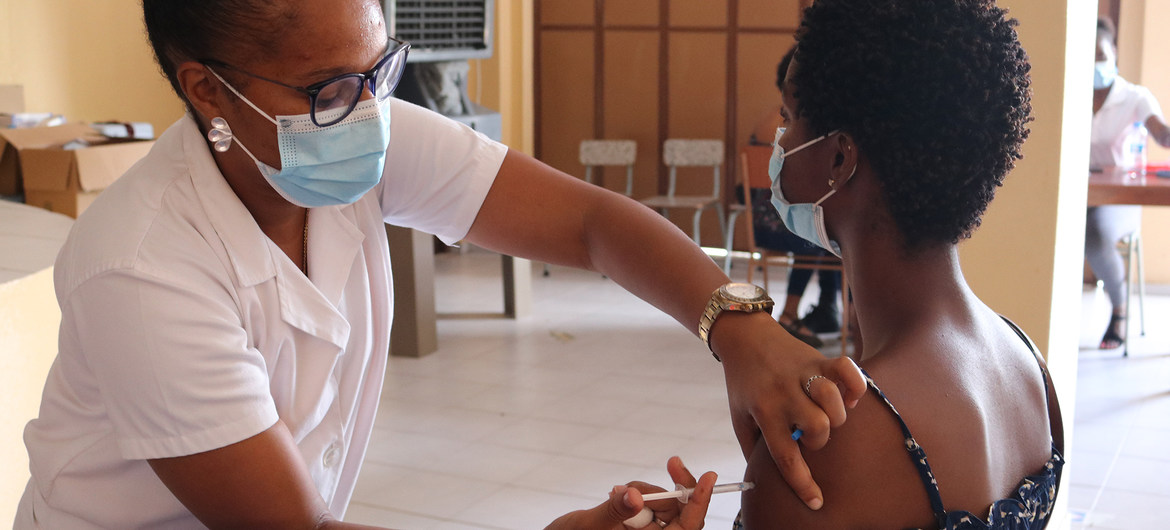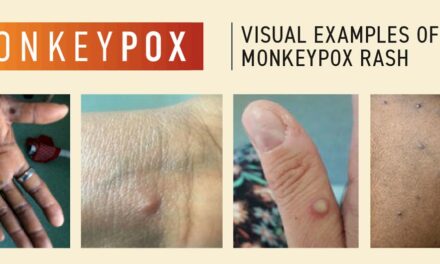A groundbreaking study from the University of Exeter in the UK has revealed that young boys face a higher risk of developing Type 1 diabetes (T1D) compared to girls. The research, which analyzed the five-year risk of developing T1D among over 235,000 individuals, provides new insights into how sex differences may influence the onset and progression of the disease.
The study found that while the risk for girls significantly decreased after the age of 10, the risk for boys remained constant throughout childhood and adolescence. This shift in risk profiles suggests that gender-specific factors could play a crucial role in determining the likelihood of developing T1D.
Further examination showed that boys with a single autoantibody—a protein produced by the immune system that attacks the body’s own proteins—had a notably higher risk of developing T1D. This discovery points to a possible connection between the male gender and the development of autoantibodies, which are known to be a precursor to T1D. According to the researchers, this could lead to important changes in how risk assessments for T1D are conducted.
Unlike many other autoimmune diseases, where females are generally at higher risk, male sex was identified as a risk factor for T1D. This finding challenges conventional thinking and has raised new hypotheses about the potential roles that immune, metabolic, or hormonal differences between the sexes might play in the development of the disease.
The research also found that boys were more likely to test positive for multiple autoantibodies compared to girls, and they showed a higher prevalence of autoantibodies overall—5.4% in males compared to 5.0% in females. Males were also more likely to progress to T1D over a five-year period, further supporting the theory that males may have a higher absolute risk of the disease.
One potential explanation offered by the researchers is that puberty-related hormones might be contributing to these differences, suggesting the need for further study to understand how hormonal changes could influence the risk of T1D in boys.
The study’s findings are set to be presented at the Annual Meeting of the European Association for the Study of Diabetes, taking place in Madrid, Spain, from September 9-13. As the research progresses, experts hope it will pave the way for more targeted prevention and treatment strategies that consider sex-specific factors in the development of Type 1 diabetes.












